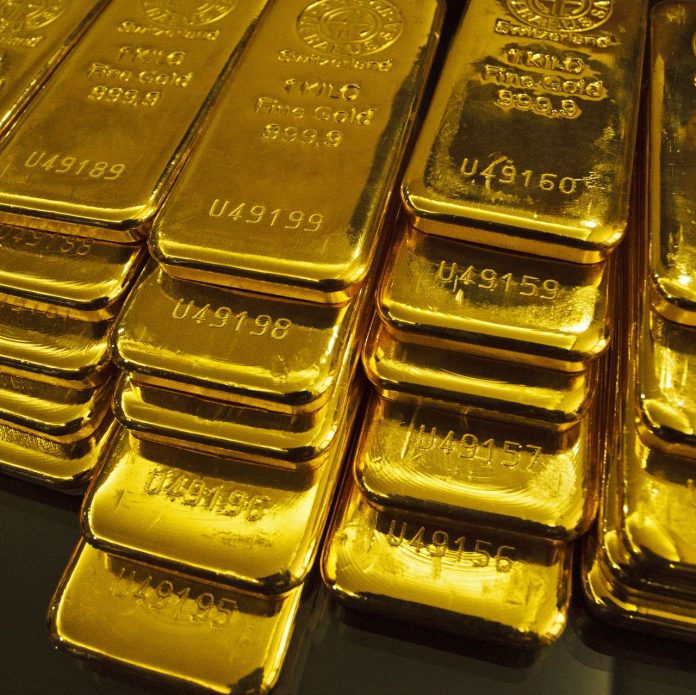Gold prices rose slightly on Tuesday, but stuck to a tight trading range as traders hunkered down ahead of key U.S. inflation data, as well as a swathe of major central bank meetings this week.
The yellow metal has struggled to break out of a trading range over the past three weeks, amid mixed cues on the global economy and U.S. monetary policy.
Focus is now on U.S. inflation data due later in the day, which is expected to largely factor into a Federal Reserve rate decision later in the week, and could provide some cues for gold to break out of its trading range.
Spot gold rose slightly to $1,9657.88 an ounce, while gold futures rose 0.1% to $1,971.75 an ounce by 20:59 ET (00:59 GMT). Both instruments have traded between $1,930 and $2,000 for the past three weeks.
Fed, major central banks in focus
Markets were awaiting the conclusion of a two-day Fed meeting on Wednesday, with a majority of participants leaning towards a pause in the central bank’s rate hike cycle.
But given that inflation is still trending above the Fed’s 2% annual target, and that the U.S. labor market remains robust, investors remained wary of any hawkish surprises.
Interest rate decisions from the Bank of Japan and the European Central Bank are also due this week, with the latter set to hike while the BOJ is expected to maintain its ultra-loose policy.
Rising interest rates usually bode poorly for non-yielding assets such as gold, with the yellow metal facing new pressure as global monetary conditions tighten.
Still, the yellow metal may see renewed strength if the Fed signals a pause, given that strength in the U.S. dollar has been a major weight on gold in recent weeks.
With economic growth also set to deteriorate across the globe this year, gold may see renewed safe haven demand in the second half of 2023.
Other precious metals were also cautiously higher on Tuesday, but stuck to tight trading ranges. Platinum futures rose 0.2%, while silver added 0.4%.
Copper struggles amid demand concerns
Among industrial metals, copper prices crept lower as they struggled to mark any meaningful recovery from recent six-month lows.
Copper futures fell 0.1% to $3.7475 a pound.
The red metal was battered by growing concerns that demand will deteriorate in the face of worsening global economic conditions, chiefly in the U.S. and China.
While Chinese copper imports have remained steady so far this year, Goldman Sachs analysts recently warned that a sluggish recovery in the country’s real estate sector will stymie demand for the red metal




